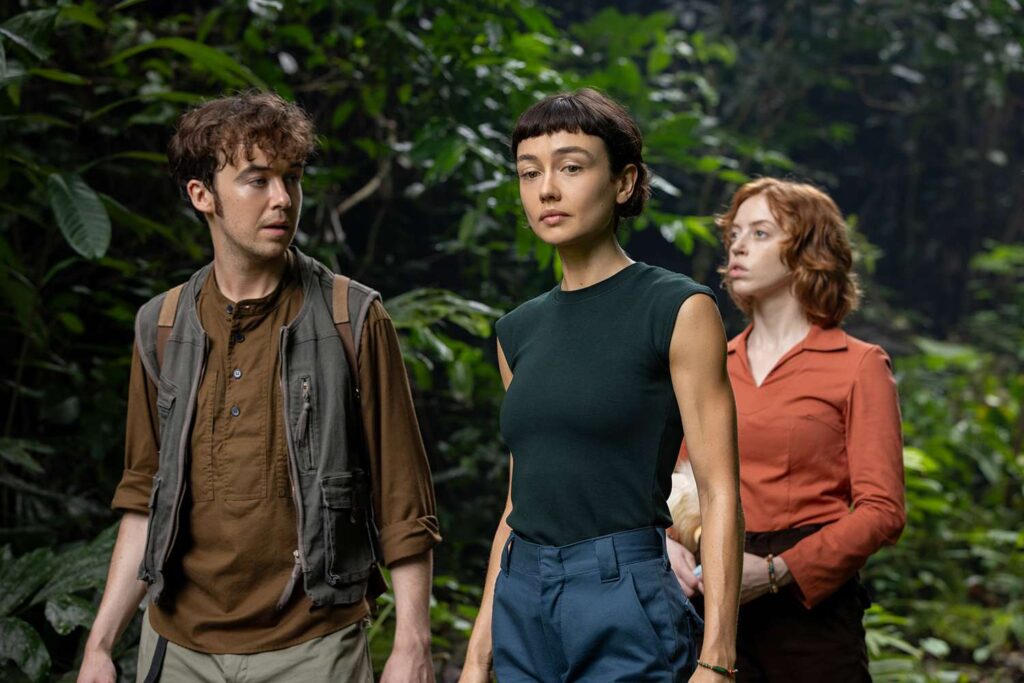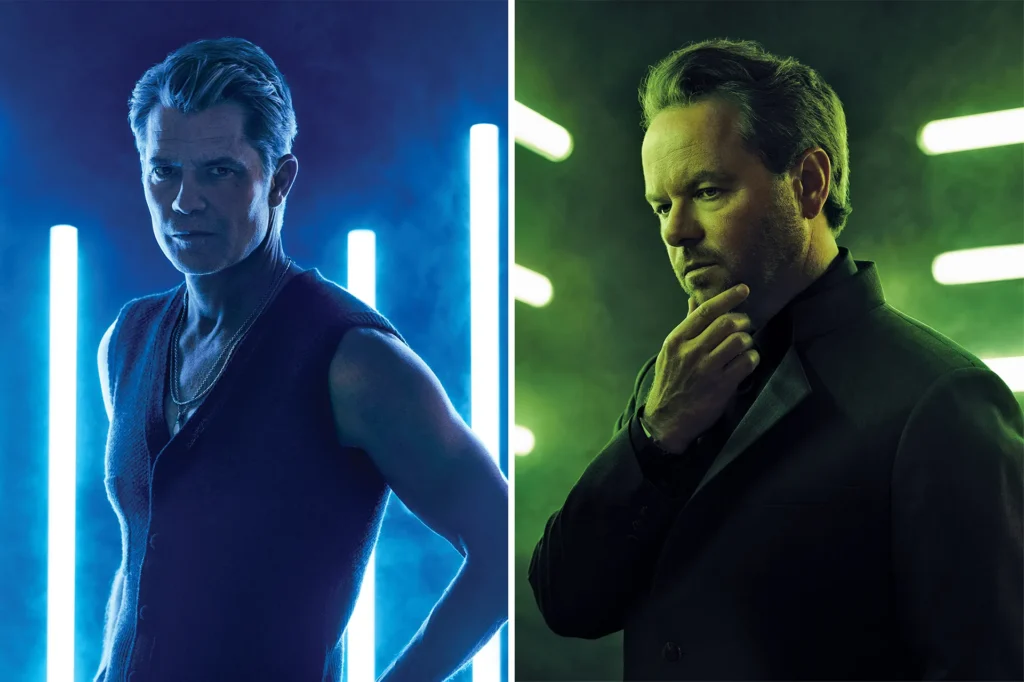The Alien and Predator franchises have had their ups and downs, but in recent years fans have been treated to some of the most exciting entries in decades. Starting with Prey, followed by Alien: Romulus, Predator: Killer of Killers, and now Alien: Earth, it feels like we’ve been eating good. With Predator: Badlands right around the corner, this connected universe continues to grow, and Alien: Earth might be the most ambitious step yet.
Created by Noah Hawley (Fargo, Legion) with Ridley Scott on board as an executive producer, Alien: Earth stars Sydney Chandler, Timothy Olyphant, Alex Lawther, Essie Davis, and more. Set in the year 2120—just two years before Ripley’s era—the series captures the atmosphere of Ridley Scott’s original film while expanding the lore in bold ways. From its retro-futuristic set design to its ominous sound design and practical xenomorph effects, the show feels like a true extension of the classic franchise.

The story follows Wendy (Sydney Chandler), formerly a terminally ill child whose consciousness is transferred into a synthetic adult body by the Prodigy Corporation. Alongside her human brother Joe (Alex Lawther), Wendy becomes entangled in a crisis when the Weyland-Yutani vessel Maginot crashes on Earth, unleashing alien specimens. As corporate conspiracies unfold and hybrids clash with human soldiers, Wendy discovers she has a unique connection to the xenomorphs—one that could change everything.
One of the show’s greatest strengths is its production design. Hawley and his team manage to balance modern filmmaking with the gritty, tactile feel of the original Alien trilogy. The cinematography is striking, with unique editing choices that overlap moments of reflection or tension. Most importantly, Alien: Earth leans heavily on practical effects—puppeteering, animatronics, and performers in suits—while enhancing them with CGI. The result feels grounded, horrifying, and faithful to what made the xenomorph such an iconic movie monster.
Sydney Chandler is outstanding as Wendy, embodying both childlike innocence and newfound strength in her synthetic body. She gives the role nuance, capturing the wonder, fear, and resilience of a child forced into extraordinary circumstances. Timothy Olyphant shines as Kirsh, a synthetic mentor who recalls some of the best android performances in the franchise, while the ensemble of Lost Boys adds humor, tension, and emotion. Chandler’s performance is the heart of the series, but Olyphant provides the moral weight that keeps it anchored.

The decision to place children’s consciousness at the center of the story is both bold and effective, creating new emotional stakes. Their innocence contrasts sharply with the brutality of the xenomorphs, and the show explores what it means to grow up when you’re not allowed to be a kid anymore. That said, the series does occasionally feel overstuffed with side plots and secondary characters. Some are necessary as xenomorph fodder, but others distract from the main story. Still, the writers manage to weave most threads together by the end, while leaving plenty of room for a second season.
Alien: Earth succeeds because it honors the DNA of the franchise while carving out its own identity. From its retro-futuristic design to its chilling score and stellar performances, it feels like a natural evolution of the world Ridley Scott built in 1979. The final reveal—that Wendy can communicate with the xenomorphs—opens up new storytelling possibilities, setting the stage for a thrilling second season.
Even with a few slow patches and extraneous subplots, Alien: Earth is one of the most unique and exciting Alien stories in years. It’s stylish, ambitious, and more than anything, it proves that this franchise still has plenty of life—and terror—left in it.
Rating – 9/10




